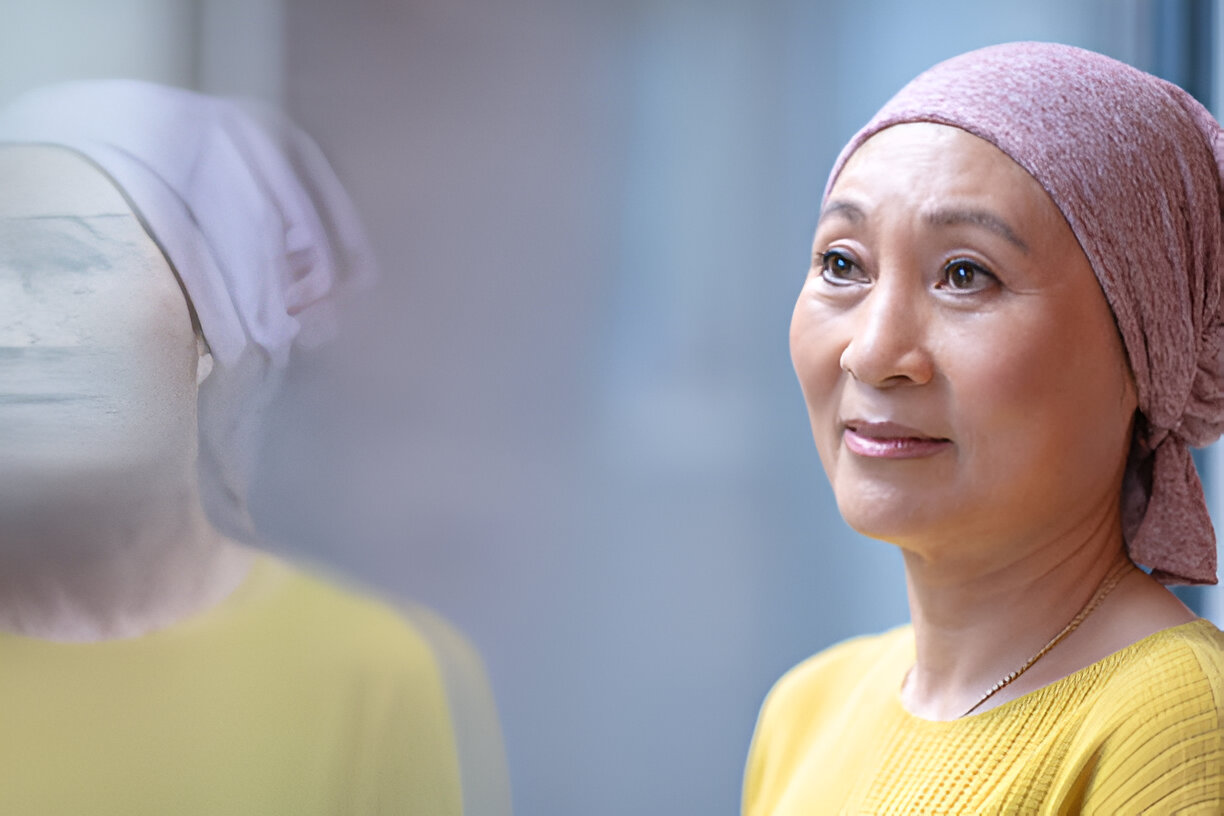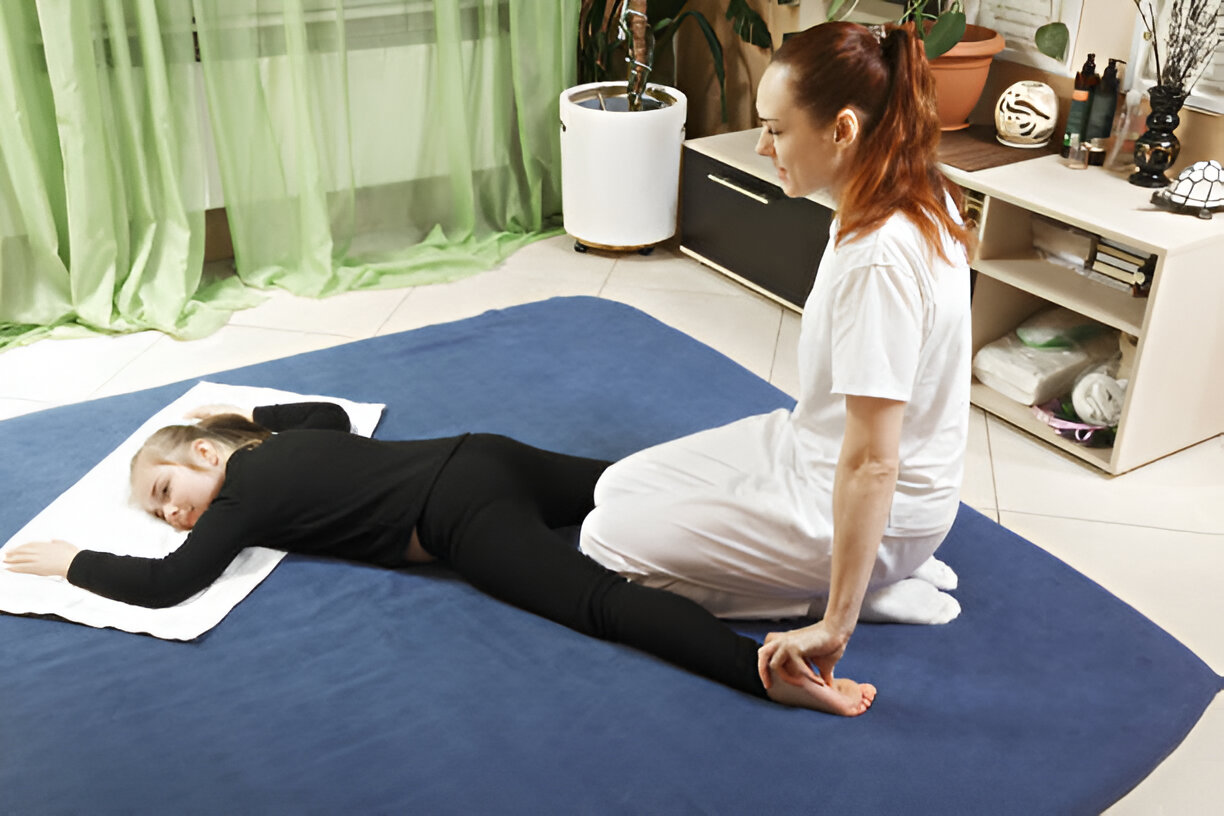

A 2001 Indiana University study of adults over 25 (using research from the University of Michigan) found that people who volunteered were more likely to feel happy and satisfied, possess high self-esteem, have a sense of control over their lives, and enjoy good health. And the more hours of volunteer work they did, the happier they were likely to be.
Why is altruism so cheering? Maybe because it taps into key human instincts. “It's very important for many people to feel that they're going to leave the world a better place, particularly as they get older,” says Linda Fried, dean of the Mailman School of Public Health at Columbia University. She says volunteering has always been a “strong value” for Americans.
Much of the research to date has focused on older people and retirees, in the hope that volunteering might become a way for them to remain engaged and actively participating in the world around them. Fried has been observing people in 22 cities who dedicate at least 15 hours a week to Experience Corps, a program that brings older people into schools across the United States for “active” volunteering.
One way these volunteers benefit is from the sheer physical effort. “They have to get out of the house and to the schools three to five days a week,” Fried says. “They walk around the school, get up from and sit down in those ridiculously low chairs, and some of them are also climbing stairs.” She has noticed major improvements in their fitness, including grip strength, walking speed, and the rate at which they climb stairs.
A Warm Glow
Through testing and brain imaging, Fried has also learned that these volunteers demonstrate better mental functioning, including an improvement in their problem-solving skills. Presumably, this kind of psychological lift helps their physical condition: Positive feelings relieve stress and the ailments that accompany it. And when we're happier, we usually feel more energetic and healthy.
But exactly how does altruistic behavior in particular make us stronger and less vulnerable to illness?
Scientists have answers from inside the brain. Jordan Grafman, a senior investigator at the National Institute of Neurological Disorders and Stroke (part of the National Institutes of Health), used magnetic resonance imaging to monitor the brain activity of people playing computer games that let them donate money to real charities.
Grafman's team discovered that the decision to give away money activates regions deep in the midbrain that are responsible for reinforcing some basic positive behaviors, such as those involving food or sex. Grafman was surprised by the strength of this reward system. “Maybe if we had found a little activation it would have been interesting,” he says, “but we found more.”
In other words, people seem to be hardwired to feel fulfilled through behaving charitably. (Scientists call this feeling “warm glow.”) We possess a deep instinct to help and to give. It feels good because it's something we need to do, and we know that it may reward us.
That's not all. Grafman was able to identify another part of the brain that's stimulated by charitable decision making. Situated in the lower part of the frontal lobes, this area contains receptors for oxytocin, the neurotransmitter that's involved in mother-infant bonding.
His discovery suggests that altruism is an agent of fellowship. It helps hold societies together and keeps people connected to their families and community and, as a result, makes them less susceptible to depression. No wonder altruism makes people feel better. It is, in every way, its own reward.



















